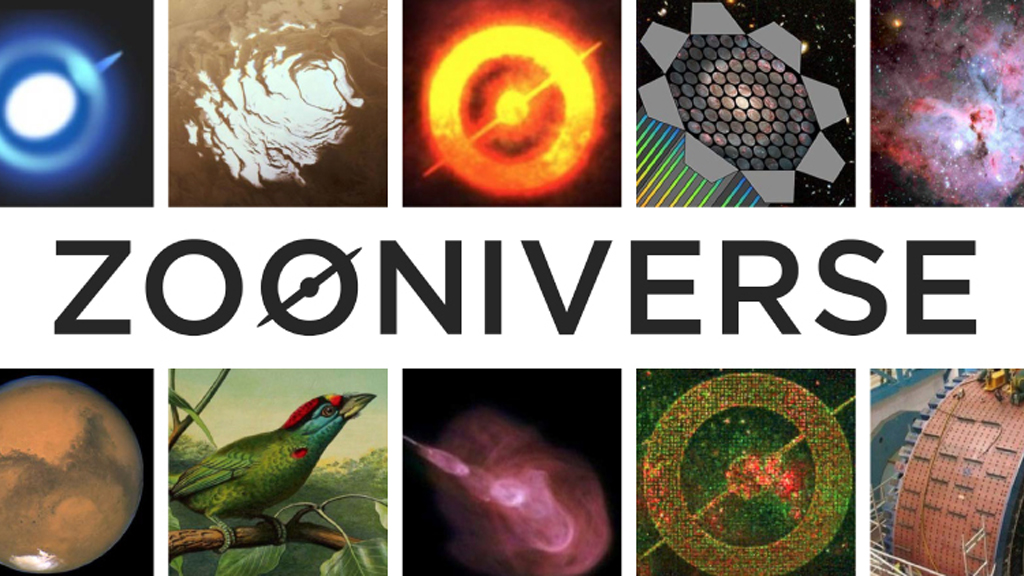Brief
Discover the Wild World of Citizen Science With Zooniverse
Zooniverse is the world’s largest online platform for citizen science. At Zooniverse, scientists and researchers across a variety of disciplines—from astronomy to zoology to the digital humanities—can upload their collections of thousands of images, text files, or audio files, and anyone, regardless of background, age, or location, can answer a series of short questions to help the research teams classify and process their data. Citizen science is amazingly effective: With many people looking at each piece of datum, researchers can synthesize and study their data much faster than if they were to work alone.
Zooniverse began with a single project called Galaxy Zoo, which was launched in July 2007. The original goal was to process over one million images of galaxies from the Sloan Digital Sky Survey into two types, spiral and elliptical, a task that would have taken one person at least three years of round-the-clock effort to complete. The several-thousand-strong crowd of volunteers who participated not only completed the task in a matter of months, but each image was also classified an average of 38 times as opposed to once, thus rendering excellent quality data for each image. The success of Galaxy Zoo led to the foundation of the Zooniverse platform, which now boasts over 120 projects with over two million registered volunteers worldwide! Across all Zooniverse projects, we receive roughly 100,000 volunteer classifications every day.
At Zooniverse, anyone can be a researcher. There is a very low barrier to entry; participants just need a valid e-mail address. On a majority of projects, the tasks are such that they can be completed by elementary or middle school students and families. Our Snapshot Safari projects are particularly suitable for young children, as they allow individuals to identify animals across the African plains to learn about their behaviors and migratory patterns. In contrast, projects such as Planet Hunters target a slightly more mature audience, as volunteers familiarize themselves with an easy-to-use, web-based interface that allows them to join the search for undiscovered worlds beyond our solar system.
Zooniverse projects can also be incorporated into formal education classroom environments. One such example involved a middle school class in Missouri: Students transcribed documents on the Zooniverse project Anti-Slavery Manuscripts to familiarize themselves with the process of deciphering documents across historical time periods. More advanced cosmology-based educational materials for introductory college students can be directly accessed through our Zooniverse classrooms page, and have been used as a way to increase students’ data literacy skills by allowing them to engage with actual data from active citizen science projects.
Overall, Zooniverse provides our volunteers with a unique opportunity to contribute directly to real research. Many of the most interesting discoveries from Zooniverse projects have resulted from discussions between Zooniverse volunteers and researchers on each of the projects’ unique discussion boards. Zooniverse projects have produced hundreds of peer-reviewed publications in which volunteers are credited for their contributions. We encourage you all to come join the discussion. The universe awaits!
Molly Simon (molly@zooniverse.org) is planetary scientist and education postdoctoral fellow for Zooniverse at the Adler Planetarium in Chicago, Illinois.
Middle School Elementary Informal Education



